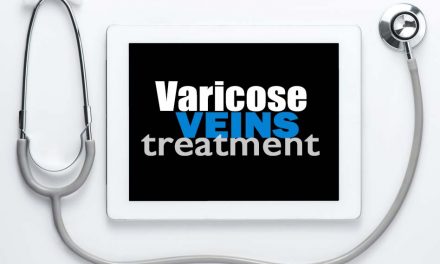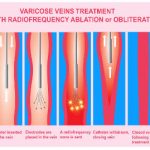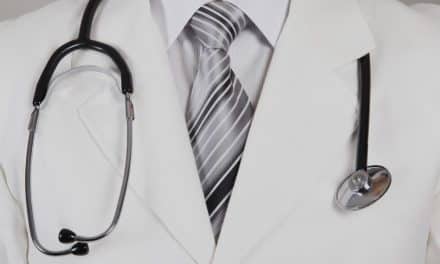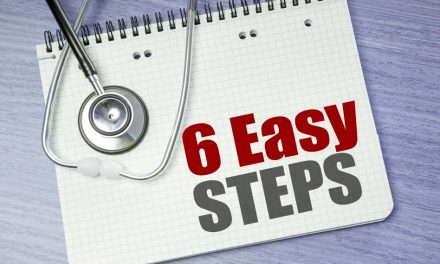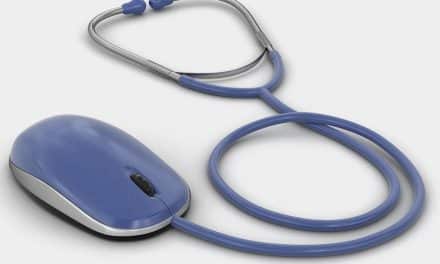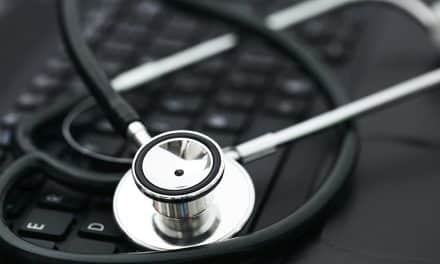
Advice You Can’t Ignore About Varicose Veins During Pregnancy
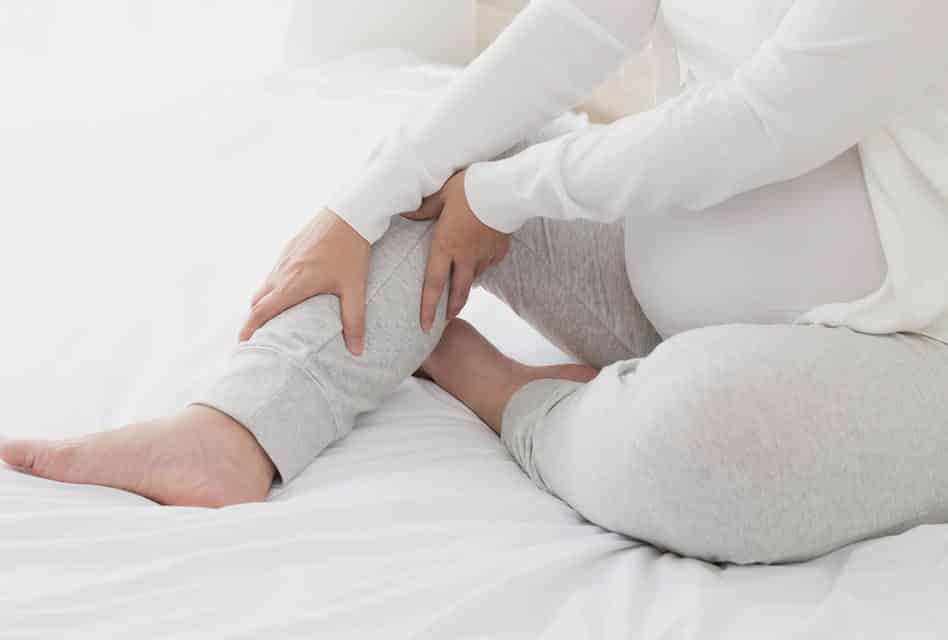
Insights on How to Deal with Varicose Veins During Pregnancy
For most women, pregnancy is a joyous time. For many, just feeling the baby move inside of you is a delight and one of the biggest pleasures of pregnancy. Pregnancy isn’t just about the morning sickness, nausea, backache and the medical exams.
Let your body to guide you through the excitement, the astonishment and the wonderment of pregnancy and finally giving birth to the miracle that is your baby.
Take pleasure in the mystery and surprises of food cravings and aversions.
Let’s not forget to mention the challenges.
For many women, some of those challenges after delivery are how to get rid of the weight gain, baby fat, depression and varicose veins.
Varicose veins during and after pregnancy are sometimes called Mommy veins. Often the varicose veins will improve or go away entirely after you deliver. Additional pregnancies can often exacerbate the condition. For many women, it becomes gradually worse over the years.
Contrary to popular belief, varicose veins are often not cosmetic.
They may start out that way.
As time passes, they enlarge. Symptoms inevitably occur when they enlarge.
This article is a comprehensive review of the major concerns that women experience when their pregnancy is complicated with varicose veins.
Some of the symptoms and pain of varicose veins during pregnancy are mild and relatively easy to control with the following advice.

This article will help you to deal with the simpler problems and inform you when to seek medical care.
Why Do You Get Varicose Veins When You Are Pregnant?
Changes in your hormone levels and your body weight can put pressure on the superficial veins in your legs. Swelling, muscle cramps, and heaviness of your legs and feet are not uncommon with varicose veins during pregnancy.
Up to 50 percent of pregnant women have varicose veins.
Besides varicose veins, backache, constipation, cystitis, fainting and diarrhea sometimes accompany your pregnancy.
The increased blood volume of pregnancy and constipation exacerbates hemorrhoids. Hemorrhoids and varicose veins improve after you deliver and you lose all of that extra blood volume.
Your vulva can feel swollen tender and sore. It may be uncomfortable to sit. Varicose veins can occur in this region.
Maternity support underwear and specially made maternity compression pantyhose can help a lot.
Common Myths and Misconceptions About What Causes Varicose Veins During Pregnancy
Myth # 1 About Varicose Veins of Pregnancy
Pregnancy causes varicose veins.
No, it just exacerbates the genetic predisposition for developing these enlarged veins in your legs.
Remember, there are cases of women who have had over five children or more and don’t have a varicose vein on their legs.
Myth # 2 About Varicose Veins of Pregnancy
In the past, many doctors would recommend that you wait until you are done having children.
It was often believed that you should wait until you have all of your pregnancies done before you should start to deal with your varicose and spider veins. Supposedly, that would save you time and money.
This was recommended because previous treatments like stripping and sclerotherapy alone often led to recurrences, whether or not you had ever been pregnant.
In those cases, pregnancy would expedite the recurrence since the veins were not adequately treated in the first place. Partial varicose vein treatment meant earlier recurrence rates for varicose veins.
Modern varicose vein treatments are now more effective and long lasting because they are more complete.
In fact, treating your varicose veins instead of enduring the long agonizing wait until your family was fully established no longer makes any sense.
As soon as symptoms appear, you should have them treated. However, if you are pregnant when you first notice varicose veins in your legs, you should wait at least six weeks to be evaluated by a vein specialist.
Myth # 3 About Varicose Veins of Pregnancy
Home or natural remedies are all safe during pregnancy. Wrong!
Do not take supplements that are commonly recommended for varicose veins until you have asked and discussed this with your obstetrician.
Many of these so-called natural remedies can be dangerous to you and your baby’s health if taken while you are pregnant.
Varicose veins creams are also truly worthless. That advice is from a board certified and vein doctor specializing in varicose veins.
Myth # 4 About Varicose Veins of Pregnancy
Massage cures varicose veins. Sorry.
Although massage can help with the aching, heaviness and swelling temporarily, it will not change the veins themselves.
As soon as you are on your feet again, the varicose veins of pregnancy will return.
Myth #5 About Varicose Veins of Pregnancy
Varicose veins are just cosmetic. Nope.
If your varicose veins are causing symptoms, they should not be ignored after you deliver. Although most health insurance companies do not cover asymptomatic varicose veins, they will often enlarge and hurt as time passes.
Myth # 6 About Varicose Veins of Pregnancy
Venous disease is a problem of aging. They only occur in older adults. Although the incidence of varicose veins does increase with age, I have treated symptomatic college students and young adults who had a strong family history of varicose veins.
Myth # 7 About Varicose Veins of Pregnancy
Walking on concrete causes varicose veins. I don’t know how this one got started but it makes vein doctors chuckle. Varicose veins are inherited. The valves in the superficial veins of your legs fail over time if you are genetically predisposed to develop varicose veins.
Pregnancy can speed up this process if you have the genetic tendency to get varicose veins.
However, it doesn’t matter what kind of surface that you walk on. That includes carpeting, hard floors, wooden floors or any manufactured surface. They will not cause varicose veins.
Prevention of Varicose Veins of Pregnancy
Can varicose veins be prevented?
The down-and-dirty answer is no.
However, you can keep your varicose veins of pregnancy under control and possibly decrease the likelihood that your veins will persist after you deliver.
The jury is still out on that one. The reason is that there has never been a controlled well-designed study to answer that question. The chances are that will never know for sure.
Intuitively, we believe that if you wear true medical grade compression support stockings while you are pregnant that the pressure inside of your varicose veins will decrease.
Less pressure inside of your veins means less pressure on the valves that become dysfunctional.
Spandex leggings, tights or just any “support hose” are not designed properly to improve the flow of blood up your legs through the veins back to your heart.
True medical grade compression stockings are designed to be tighter around the foot and ankle and gradually decrease in pressure as they go up your legs.
These are called graduated compression support stockings. They come in all different compression pressures depending on your individual circumstance and need.
Ideally, you should be measured for these types of graduated support stockings because there is a wide variety of lengths, widths, and shapes of legs.
In addition, you should control your pregnancy weight gain as directed by your doctor. Excessive weight gain obviously puts more pressure on your veins. A healthy diet is critical in this regard.
Exercise under the guidance of your doctor will help keep the pressure down within your veins by promoting blood flow out of the veins and back to your heart. The calf muscles help push the blood back to your heart.
Similarly, elevation of your legs whenever possible will be beneficial. Do not sit with your legs hanging down for prolonged periods.
High heels prevent the calf muscles from contracting properly. Avoid them. Without the calf muscle pump working maximally, the blood pressure will build up inside your legs. This increased pressure is not good when you already have an increased blood volume and are experiencing the hormonal changes that cause venous dilatation.
Conclusion
Enjoy one of the greatest miracles in life – your pregnancy.
Manage the issues including your varicose veins wisely.
Varicose veins often decrease in size or go away after you deliver.
If they persist and are symptomatic, seek a qualified and experienced vein doctor with experience with the latest minimally invasive varicose vein treatments.
Do not take homemade remedies, potions, or natural supplements for varicose veins that occur with pregnancy.
Varicose veins often return with each subsequent pregnancy.
The latest recommendation is not to wait until you have all of your babies before you have them treated.
Varicose veins that bother you either symptomatically or visually six weeks after delivery are unlikely to go away. They should only be treated by a qualified and experienced vein specialist.


